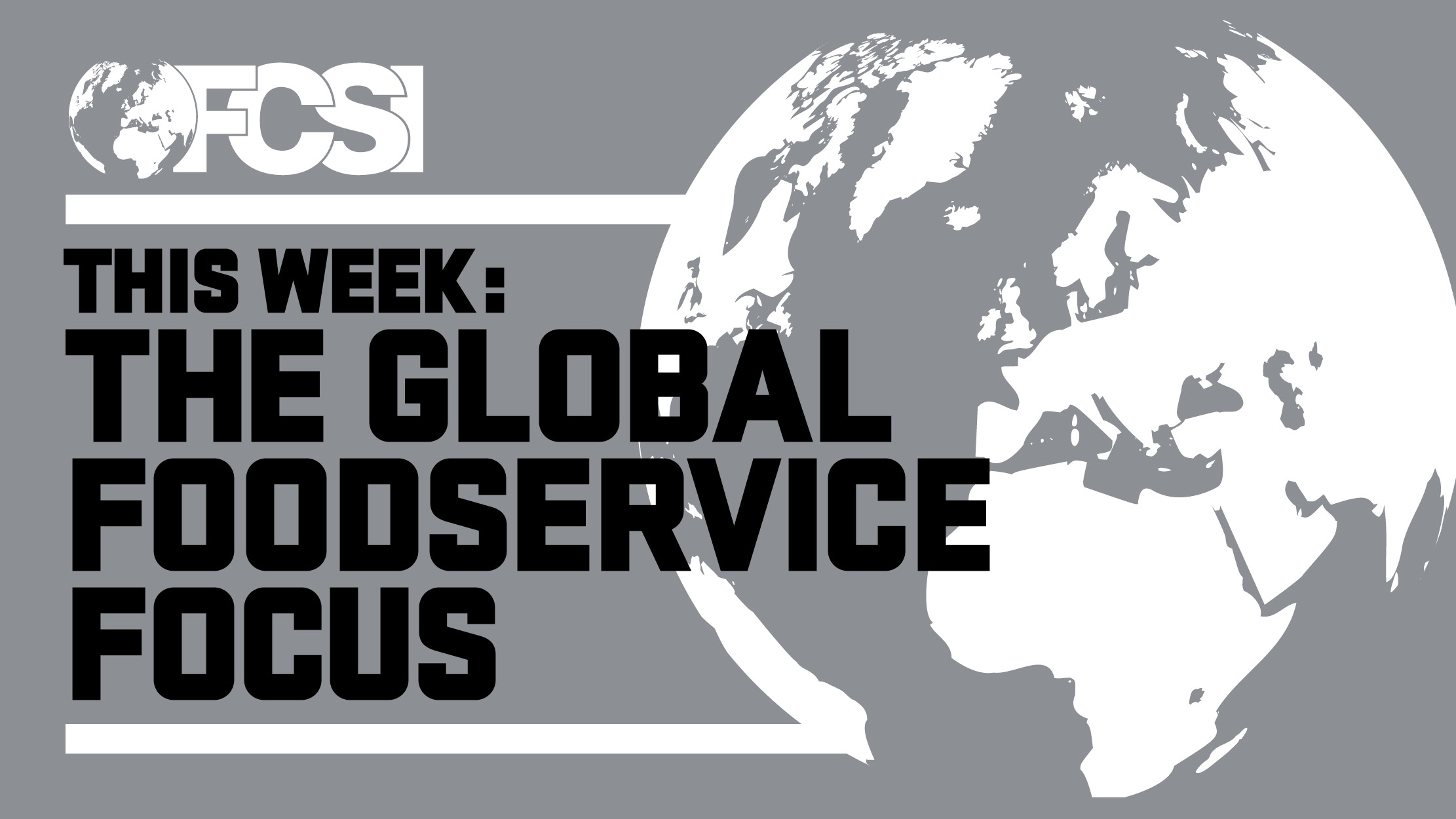
The Americas
US Open commits to serving more vegan food
Ahead of the 2024 tournament, the US Open has joined New York City mayor Eric Adams’ challenge to reduce food-related emissions by 25% by 2030. As part of the Plant-Powered Carbon Challenge, which was announced in April, companies and organizations pledge to increase plant-based food offerings, responsibly source ingredients and track emissions reductions. The US Open is the first major sports event to sign on.
US Department of Labor delivers tough judgment over illegal pay practices
The U.S. Department of Labor has obtained a consent judgment to recover $1.3 million in back wages, withheld tips and liquidated damages for 51 workers employed by a Wilkes-Barre restaurant and its owner, whose pay practices illegally deprived workers of their full wages. “The outcome of this investigation and litigation shows restaurant industry employers that illegally tampering with their workers’ wages and tips violates their rights and can have costly consequences,” said Solicitor of Labor Seema Nanda. “The U.S. Department of Labor will use every tool available, including litigation, to prevent employers from depriving workers of their wages.”
Asia Pacific
Australian cost-of-living crisis impacts fast food sales
Australians are eating less chicken for the first time in decades, and visiting fast food giants such as KFC and McDonald’s less frequently, as the cost-of-living crunch continues. Federal MPs were told at a Parliament House lunch last week that retail research suggests that people are not only visiting the takeaway restaurants less, but also spending less when they do, The Australian reported. There has also been a significant downturn of ‘high single figures’, between five and nine per cent, in chicken sales at the outlets, the MPs were told. The operator of 279 KFC outlets across Australia, Collins Foods, previously reported customers were cutting back on spending in May and June, with sales at some stores down 0.8% year-on-year.
Japan focuses on new markets for seafood after Chinese ban
Japan is ramping up promotional efforts to boost seafood exports to more destinations in Asia, the U.S., and Europe as it seeks to fill a sales gap left by a year-long Chinese import ban, which was implemented after Tokyo Electric Power started releasing treated water from the wrecked Fukushima nuclear power plant into the Pacific Ocean last August, Reuters reported last week. “We haven’t yet fully compensated for the loss from China in volume, but exports to the U.S., Canada, Thailand and Vietnam are increasing, significantly boosting momentum in alternative markets,” said Norihiko Ishiguro, the chairman of the Japan External Trade Organization (JETRO). “There is significant growth potential for Japanese seafood exports … it won’t take long to make up for the gap caused by China’s ban,” he added.
Europe, the Middle East and Africa (EMEA)
Pizza Hut UAE accepts payment in TikTok content
Pizza Hut UAE announced that it is accepting TikTok content as a payment method for the MyBox, its customisable menu item. Customers will need to order a My Box meal, create content with it featuring any TikTok trend and post it on TikTok, tagging Pizza Hut UAE’s account with the hashtag #YourTermsYourConditions. The content creator will then receive a special one-time code that can be used to redeem a My Box for free. Ahmed Sabri, Marketing Lead at Pizza Hut Middle East & Pakistan, said: “Social media is quite literally becoming a currency in today’s world. So far, it’s been accessible only to those who have a large following. With this promotion, we’re opening it up for everyone and anyone.”
EU Commission proposes use of whole genome sequencing to help solve outbreaks
The European Commission has proposed legislation requiring EU countries to carry out whole genome sequencing (WGS) during foodborne outbreaks. Officials said the plans would facilitate investigations into outbreaks and the timely detection of the source, which would limit the number of people sick and food recalls and withdrawals. Under current rules, authorities in implicated member states must investigate foodborne outbreaks, but how they do this is not strictly defined. Feedback on the EU Commission proposals can be submitted until September 18.
Elly Earls

